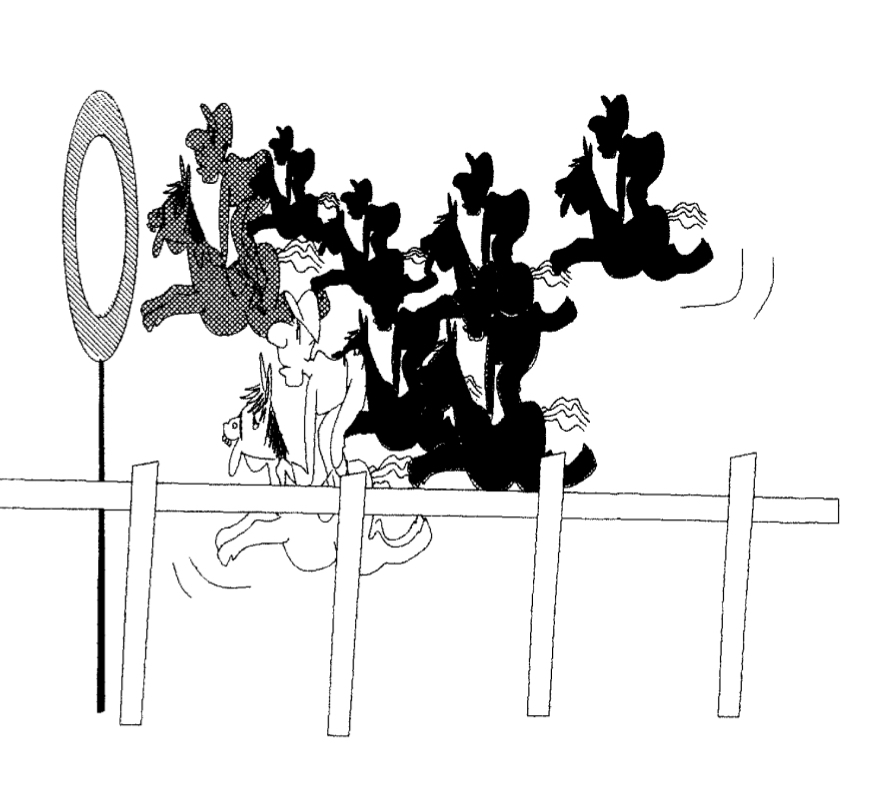Winning Number

There was a sixteen horse race in progress at the racecourse, the horses being numbered 1 to 16, but I missed the finish. I asked six of my friends to tell me the number of the winner. These were their answers:
a) It was even.
b) It was odd.
c) It was prime.
d) It was a square number.
e) It had two digits.
f) It was between 6 and 12.
However, only four had told the truth. Which number was the winner?
The answer is 11.
This section requires Javascript.
You are seeing this because something didn't load right. We suggest you, (a) try
refreshing the page, (b) enabling javascript if it is disabled on your browser and,
finally, (c)
loading the
non-javascript version of this page
. We're sorry about the hassle.
3 solutions
- Only one of statements a) and b) can be true, and at most one of c) and d) can be true.
- Then (since there are four true statements) it follows that e) and f) must be true, and that exactly one of c) and d) is true.
- From e) and f) are choices are limited to 10, 11 and 12; and only 11 satisfies one of c) and d).
possible elements for (It was even)= 2 , 4 , 6 , 8 , 1 0 , 1 2 , 1 4 , 1 6
possible elements for (It was odd)= 1 , 3 , 5 , 7 , 9 , 1 1 , 1 3 , 1 5 , ⟹ 1 1
possible elements for (It was prime)= 2 , 3 , 5 , 7 , 1 1 , 1 3 ⟹ 1 1
possible elements for (It was a square number)= 4 , 9 , 1 6
possible elements for (It had two digits)= 1 0 , 1 1 , 1 2 , 1 3 , 1 4 , 1 5 , 1 6 ⟹ 1 1
possible elements for (It was between 6 and 12)= 7 , 8 , 9 , 1 0 , 1 1 ⟹ 1 1
Hence the answer is 1 1
Even <==> Odd
Prime <==> Perfect square
Since a) & b) are mutually exclusive and c) & d) are also mutually exclusive, we can only choose one out of each pair, and that means that e) & f) are both the truth that describes the winning number. Two digit numbers within the limits of 6 ≤ x ≤ 12 is just 10, 11 and 12. Because none of these are perfect squares, our number must be a prime.
Answer = 11, a two-digit odd prime number between 6 and 12.